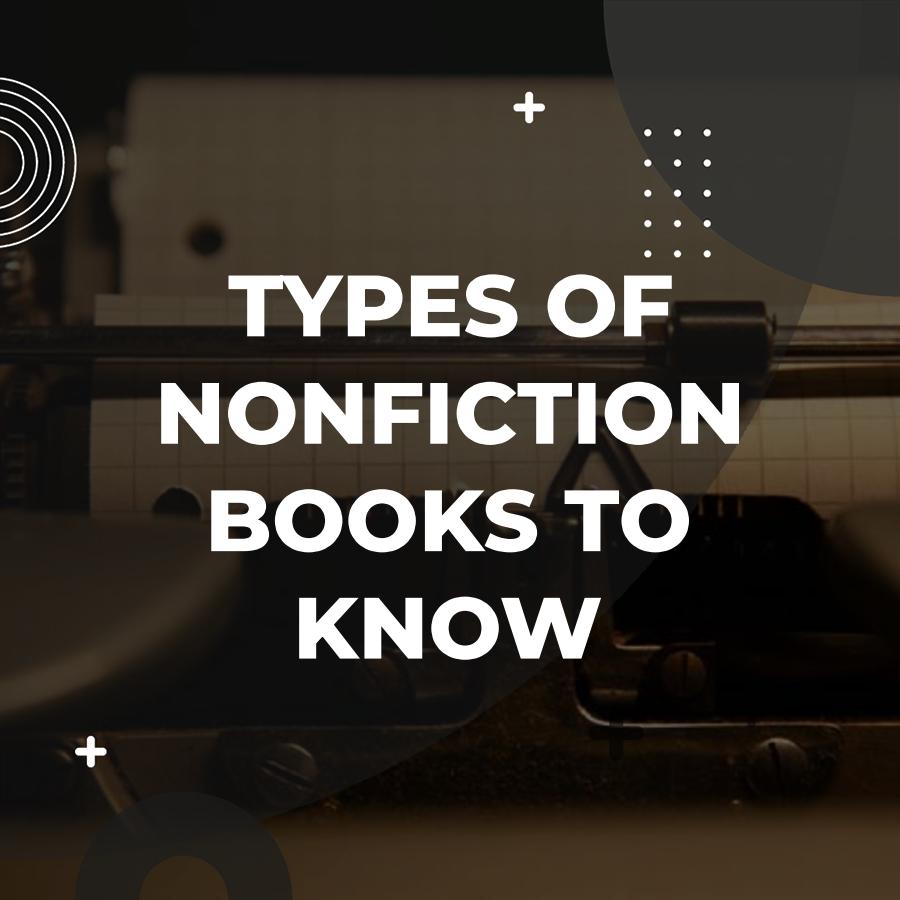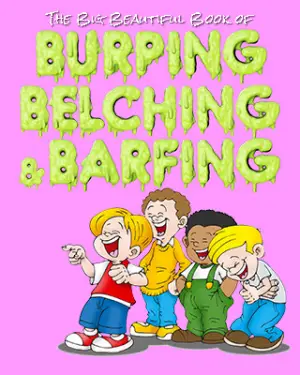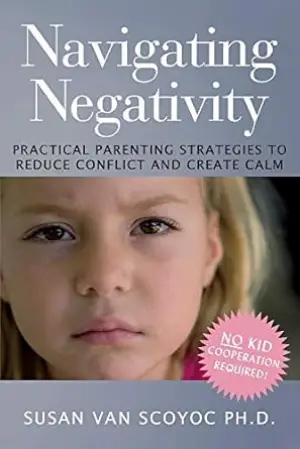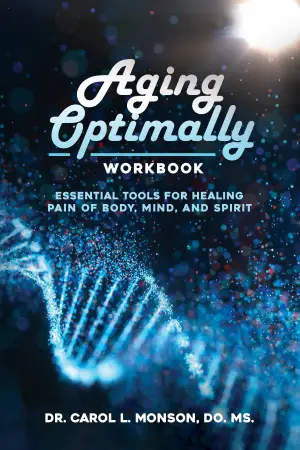Many readers struggle to select the right nonfiction genre matching their interests or professional needs. With an abundance of options, how can one navigate through the maze of nonfiction literature? The answer lies in understanding the fundamental categories and features of nonfiction genres. By identifying what resonates with you personally or professionally, you can make informed decisions about what to read next.
Table of Contents
What Are Nonfiction Genres and Why Do They Matter?
Nonfiction genres can be incredibly diverse, covering a wide array of topics and formats. The problem at hand is that many readers, whether aspiring writers or book lovers, often struggle to categorize nonfiction works and understand their unique characteristics. Nonfiction genres are essential as they help readers find information and expertise tailored to their interests.
Memoir: Personal Narratives
Memoir is a genre that focuses on personal experiences, where the author recounts specific moments that shaped their lives. Biographies tell a whole story. On the other hand, a memoir focuses on particular themes or events.
Example: “Becoming” by Michelle Obama is a prime example of a memoir. It chronicles her journey from her childhood in Chicago to her role as First Lady and beyond. Readers gain unique insights into her challenges and triumphs.
This genre appeals to those interested in authentic human experiences and emotional journeys. Memoirs often provide lessons learned and relatable anecdotes that can encourage reflection on one’s own life.
Biography: Lives of Others
Biographies deliver a comprehensive look at a person’s life, typically focusing on their contributions to society or the world. This genre provides in-depth research and storytelling about historical figures, celebrities, or influential personalities.
Example: Walter Isaacson’s book “Steve Jobs” follows the story of Apple’s famous co-founder. The biography sheds light on his successes, failures, and the impact he made in the tech industry.
Biographies draw in those curious about the details of another person’s life and how specific experiences influence history or culture. This genre combines storytelling with factual information, creating an engaging blend that appeals to a broad audience.
Self-Help: Guidance and Growth
Self-help books aim to guide readers through personal development challenges. This genre often includes advice, strategies, and practical exercises designed to foster growth and improvement.
Example: “The 7 Habits of Highly Effective People” by Stephen R. Covey offers practical advice on time management, decision-making, and interpersonal relationships. Through actionable steps, readers can implement changes in their own lives.
This genre resonates with readers seeking direction and support in various aspects of life, from mental health to productivity. The genre’s accessibility and actionable strategies often offer value.
True Crime: Exploration of Crime Reality
The true crime genre examines real criminal cases, uncovering details, reasons, and results tied to each. “True crime” books often involve deep research, interviews, and detailed narratives.
Example: “In Cold Blood” by Truman Capote vividly relates the story of an actual murder case in Kansas. Capote delves into the minds of both the victims and the perpetrators, resulting in a gripping read.
Devotees of true crime often find the genre both fascinating and chilling. It offers insights into the darker aspects of human nature and societal issues surrounding crime.
Travel Writing: Adventures and Experiences
Travel writing records journeys as writers discover unfamiliar locations around the globe. This genre includes stories and straightforward travel guides about various spots.
Example: “A Walk in the Woods” by Bill Bryson captures the author’s journey along the Appalachian Trail. Through humor and vivid descriptions, it showcases the challenges and discoveries he experiences.
Travel writing appeals to those with wanderlust, evoking thoughts of adventure, culture, and exploration. It can also provide practical tips for potential travelers, bridging the gap between storytelling and travel guidance.
Cookbooks: Culinary Journeys
Cookbooks may seem straightforward, but they represent a rich nonfiction genre that goes beyond recipes. They often encompass cultural histories, personal stories, and culinary skills.
Example: Deb Perelman fills “Smitten Kitchen Every Day” with easy recipes that taste great, plus stories that bring a smile and spark interest in the kitchen.
Cookbooks can serve as a source of inspiration for home cooks and food enthusiasts. They share helpful tips and draw readers into a world filled with tastes and aromas.
Academic Nonfiction: Scholarly Insight
Academic nonfiction encompasses many subjects. It also presents research, insights, and thorough discussions on particular themes. This genre targets students, professionals, and those with a keen interest in scholarly topics.
Example: “Sapiens: A Brief History of Humankind” by Yuval Noah Harari delves into anthropology, sociology, and history, providing readers with a comprehensive overview of human evolution and culture.
Academic nonfiction is well-suited for those looking to deepen their understanding of complex subjects. Authors present solid evidence, strong opinions, and careful analysis throughout each discussion.
How-To Guides: Practical Applications
How-to guides focus on teaching practical skills or knowledge in a specific area. This genre gives clear steps on a range of topics, from DIY projects to parenting techniques.
Example: “The Life-Changing Magic of Tidying Up” by Marie Kondo provides systematic methods for decluttering and organizing. The book offers actionable steps that readers can follow to achieve a more organized home.
How-to guides are popular among readers who appreciate structured learning. By providing clear directions, they empower readers to take actionable steps in their lives.
History: Retelling Events and Eras
Historical nonfiction explores specific events, eras, or movements, providing context and analysis. This genre often incorporates narratives, primary sources, and historians’ insights.
Example: “The Devil in the White City” by Erik Larson interweaves the history of the 1893 Chicago World’s Fair with the story of a serial killer operating during that time. The captivating narrative brings history to life.
Readers drawn to the past may find history books both enlightening and engaging. They contribute to a deeper understanding of societal evolution and can provide lessons for today.
Business and Economics: Insights into the Market
Books in the business and economics genre provide analysis, strategies, and insights into the world of finance, entrepreneurship, and the economy. These books often cater to professionals, investors, and anyone interested in economic trends.
Example: “The Lean Startup” by Eric Ries offers entrepreneurs a new approach to building successful startups. It emphasizes validated learning and rapid experimentation to achieve business goals.
This genre appeals to those seeking knowledge on innovation, management strategies, or market analysis. Readers can glean practical tips to enhance their business acumen.
Science and Nature: Understanding the World Around Us
Science and nature nonfiction delves into scientific concepts, discoveries, and the natural world. These works aim to inform and spark curiosity about various scientific fields.
Example: Siddhartha Mukherjee’s book, “The Gene: An Intimate History,” traces the development of genetics and its impact on people. Mukherjee explains complex ideas in clear, gripping language.
Readers intrigued by the workings of the universe or human biology may find this genre especially rewarding. Books often blend fascinating facts with compelling narratives that bring science to life.
Politics: Analysis of Governance and Society
Political nonfiction examines governmental systems, policies, and theories about politics. This genre can focus on political analysis, current events, or historical contexts shaping political landscapes.
Example: “The Conscience of a Liberal” by Paul Krugman critiques economic inequality and offers insights into American liberalism. The book explains complicated political issues while providing solutions.
Political nonfiction appeals to readers interested in societal structures and power dynamics. It provides an opportunity to understand complex issues that affect daily life.
Parenting and Family: Navigating Relationships
Parenting and family nonfiction encompasses a variety of topics, including child-rearing practices, family dynamics, and relationships. This genre frequently blends personal anecdotes with expert advice.
Example: “How to Talk So Kids Will Listen & Listen So Kids Will Talk” by Adele Faber and Elaine Mazlish offers practical communication techniques for parents. The book shows how to foster positive relationships between parents and children.
Parents seeking advice or support can find this genre rich with ideas and approaches to enhance family life. The books often provide valuable resources for childcare and interpersonal communication.
Navigating Nonfiction Genres: Tips for Readers
Identifying a nonfiction genre that captures your interest is crucial for enhancing your reading experience. Consider the following tips to help you navigate through nonfiction effectively:
1. Identify Personal Interests
Consider what topics interest you. Why dive into science when a gripping memoir calls to you? Your interests will guide your choices.
2. Explore Formats
Think about how you prefer to consume information. Some may lean toward detailed accounts such as biographies. On the other hand, others may favor the quick, easily digestible insights of self-help books.
3. Read Reviews and Summaries
Before diving into a book, read reviews or summaries to get a sense of what to expect. Platforms like Goodreads or Amazon can help steer you toward highly rated titles in your chosen genre.
4. Sample Readings
Many bookstores and libraries offer sample chapters of nonfiction books. Check those out to gauge the writing style and content before committing to purchase.
Crafting Nonfiction: Genres for Writers
For writers, understanding nonfiction genres can significantly enhance one’s ability to convey information and stories effectively. Each genre has its associated conventions that can guide your writing process.
1. Research and Fact-Checking
Regardless of the genre, factual accuracy is paramount. Nonfiction writers must spend time researching and fact-checking to ensure the information is reliable and honest.
2. Engaging Narratives
Even in nonfiction, storytelling plays a crucial role. Engaging readers requires capturing attention with narratives, whether you’re describing a historical event or sharing a personal transformation.
3. Clarity and Accessibility
Writers should strive for clarity. Nonfiction thrives when readers can easily digest concepts. Skip confusing words unless needed, then add simple explanations for new terms or topics.
4. Target Audience
Identifying your target audience is vital to the writing process. Consider what readers you aim to connect with and tailor your content accordingly. A self-help book may resonate with an audience seeking guidance; meanwhile, academia demands precision and thorough references.
Evolving Trends in Nonfiction
The nonfiction landscape is dynamic, with trends that can shape new genres or design hybrid forms. As writers and readers, staying informed about these trends can enhance your experience and broaden your understanding of nonfiction.
1. Digital Formats
With the rise of e-books and audiobooks, nonfiction writers can reach broader audiences. Formatting for digital platforms can warrant unique approaches to layouts, interactivity, and accessibility.
2. The Rise of Podcasts
The popularity of podcasts has sparked interest in nonfiction narratives. Many authors are adapting their works into audio formats, allowing for a new way to engage with readers and listeners.
3. Hybrid Genres
Blending genres is increasingly popular. For example, self-help books can incorporate memoir elements. Meanwhile, narrative history may weave personal accounts alongside factual data, creating rich, multifaceted storytelling.
4. Emphasis on Authenticity
Readers gravitate toward authenticity in nonfiction. Readers value the genuine voices of authors who openly share their struggles and triumphs, making real-life stories resonate profoundly.
Additional Information
The world of nonfiction is full of surprises and insights that can enhance your understanding and appreciation of the genre.
- Narrative Nonfiction: Self-help books now flood the shelves, as new titles pop up everywhere. Authors like Truman Capote and Jon Krakauer have mastered this art by weaving facts into compelling narratives.
- Memoir vs. Autobiography: Many people think these terms are interchangeable, but memoirs focus on specific themes or experiences rather than a chronological life story, as seen in works by authors like Mary Karr.
- Self-Help Proliferation: Self-help books fill shelves now, each new release multiplying the options for readers. However, only a small percentage of these books deliver actionable advice. Readers often need to sift through many titles to find those grounded in solid research.
- Crossover Genres: Nonfiction combines with other genres, producing hybrids such as “faction” or “historical fiction.” These genres blend actual events with fictional elements, drawing in both fans of history and those who like stories.
- The Role of Anecdotes: In the world of nonfiction, anecdotes can powerfully illustrate complex ideas. They create a human connection that makes data and concepts easier to grasp, turning dry facts into engaging stories.
- Trade Nonfiction: This subset targets general consumers, covering a wide range of topics from health to cooking, often in simple terms for broad appeal. Trade nonfiction accounts for most books found in bookstores and online retailers.
- Argumentative Nonfiction: This type engages in debate, offering a particular viewpoint. Consider Malcolm Gladwell’s “Outliers,” which challenges conventional wisdom and prompts readers to reevaluate their ideas of success.
- Visual Nonfiction: Books that incorporate charts, graphs, and illustrations fall into this category, where visuals help clarify and emphasize key points, making complex information more digestible.
- The Popularity of True Crime: This subgenre has drawn a dedicated audience. Its appeal lies in discussing the psychology behind crime and the gripping detail of real-life events, making it both fascinating and unsettling.
- Academic Nonfiction: Often overlooked by general readers, this genre moves many fields. It combines actual research with theoretical discourse, providing foundational knowledge that shapes our understanding of complex subjects.
- The Power of Voice: Nonfiction authors can adopt a personal voice that resonates with readers. Whether humorous, authoritative, or relatable, the right tone can significantly impact how a message is received.
- The Importance of Research: Unlike fiction, which allows more creative freedom, nonfiction requires thorough research to support claims. Good authors often spend years gathering data and insights before writing their books.
Frequently Asked Questions (FAQs) Related to Nonfiction Genres
Q. What are the main categories of nonfiction?
A. The nonfiction genre includes various categories such as biographies, memoirs, self-help, journalism, essays, and history. Each serves a different purpose and audience.
Q. How do biographies differ from autobiographies?
A. Biographies are written by someone else about a person’s life. Meanwhile, autobiographies are written by the person, giving a personal perspective.
Q. What is a memoir?
A. A memoir is a type of autobiography that focuses on specific themes or events in a person’s life rather than covering their entire life story.
Q. Can nonfiction be entertaining?
A. Absolutely! Many nonfiction works mix storytelling with factual content, making them both informative and enjoyable to read.
Q. What is the purpose of self-help books?
A. Self-help books aim to provide readers with strategies, insights, and advice to improve their lives, covering topics like personal development, relationships, and mental health.
Q. What defines a good journalistic piece?
A. A good journalistic piece is characterized by thorough research, clear writing, fact-checking, and an objective presentation of the news or topic at hand.
Q. Are essays considered nonfiction?
A. Yes, essays are a popular form of nonfiction that express the author’s viewpoint on a particular subject, often blending personal reflection with analysis.
Q. What is the role of a “true crime” book?
A. True crime books explore real criminal cases, detailing the events, investigations, and societal implications, often shedding light on criminal psychology.
Q. How does historical nonfiction differ from fiction?
A. Historical nonfiction is based on real events and people, striving for accuracy and truth. On the other hand, fiction involves imaginative storytelling and fictitious characters.
Q. Can nonfiction include some narrative elements?
A. Yes, many nonfiction genres incorporate narrative elements to engage readers, such as character development, plot progression, and a narrative arc.
Conclusion
Exploring nonfiction genres opens up a world of knowledge and insight. From memoirs that share personal journeys to science writing that demystifies complex concepts, nonfiction offers something for everyone. Understanding the various genres helps readers find books that intrigue them and encourages writers to discover their unique voice. So, whether you’re looking to dive into history, self-help, or true crime, there’s a nonfiction genre just waiting for you to explore. Embrace the power of facts, stories, and inspiration that nonfiction has to offer!







